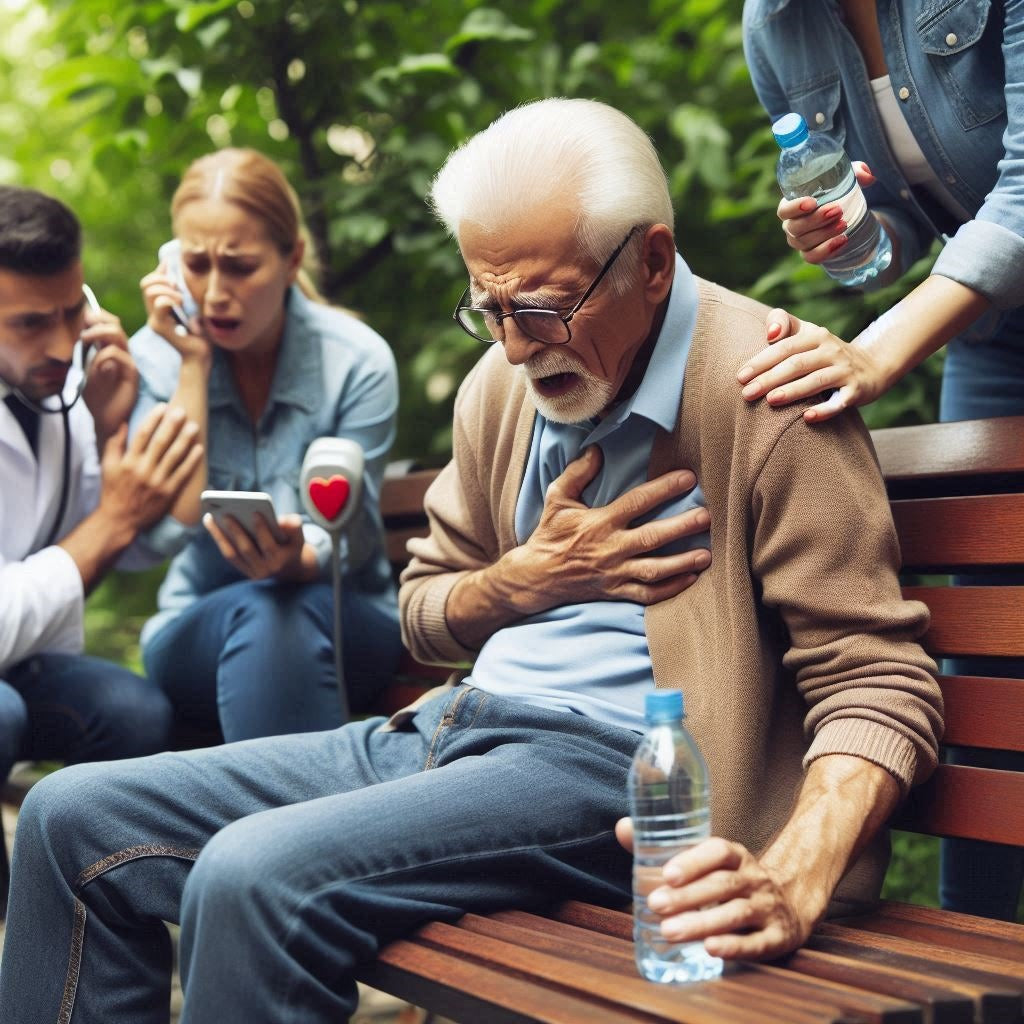
What to do during a heart attack?
Experiencing a heart attack can be a terrifying and life-threatening situation, but knowing how to respond promptly can significantly improve your chances of survival and recovery. Here’s what to do if you or someone around you shows signs of a heart attack:
-
Recognize the Signs: Symptoms of a heart attack include chest pain or discomfort, pain in the arms, back, neck, jaw, or stomach, shortness of breath, cold sweats, nausea, and lightheadedness. Promptly identifying these signs is crucial.
-
Call Emergency Services: Immediately dial emergency services (such as 911) for professional medical assistance. Time is critical during a heart attack, and emergency responders can provide essential care en route to the hospital.
-
Chew Aspirin: If the person experiencing a heart attack is conscious and not allergic to aspirin, have them chew and swallow a regular aspirin (typically 325 mg). Aspirin can help to prevent further blood clotting.
-
Stay Calm and Comfortable: Encourage the person to rest comfortably while waiting for help to arrive. Loosen tight clothing and reassure them that medical help is on the way.
-
Perform CPR if Necessary: If the person becomes unconscious and stops breathing, or if you're trained in CPR, begin chest compressions immediately. CPR can help maintain blood flow until professional help arrives.
-
Avoid Driving Yourself: If you suspect you’re having a heart attack, do not attempt to drive yourself to the hospital. Emergency medical services have the equipment and personnel to provide the best care en route.
-
Prepare for Recovery: After receiving medical treatment, follow your doctor's instructions carefully. This may include medications, lifestyle changes (like diet and exercise), and attending cardiac rehabilitation programs.
-
Seek Support: Coping with a heart attack can be emotionally challenging. Seek support from friends, family, or support groups to help manage stress and promote recovery.
Remember, recognizing the symptoms and acting quickly are crucial when dealing with a heart attack. By taking swift action and seeking medical help promptly, you can improve the chances of survival and minimize long-term effects.



Leave a comment